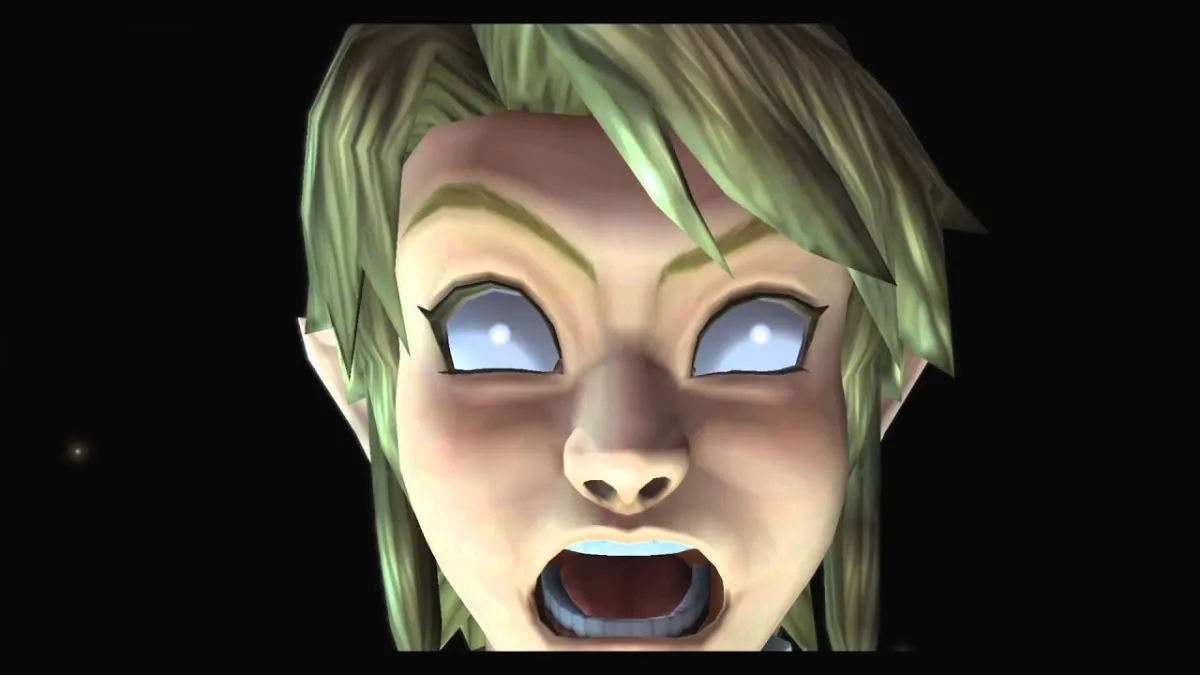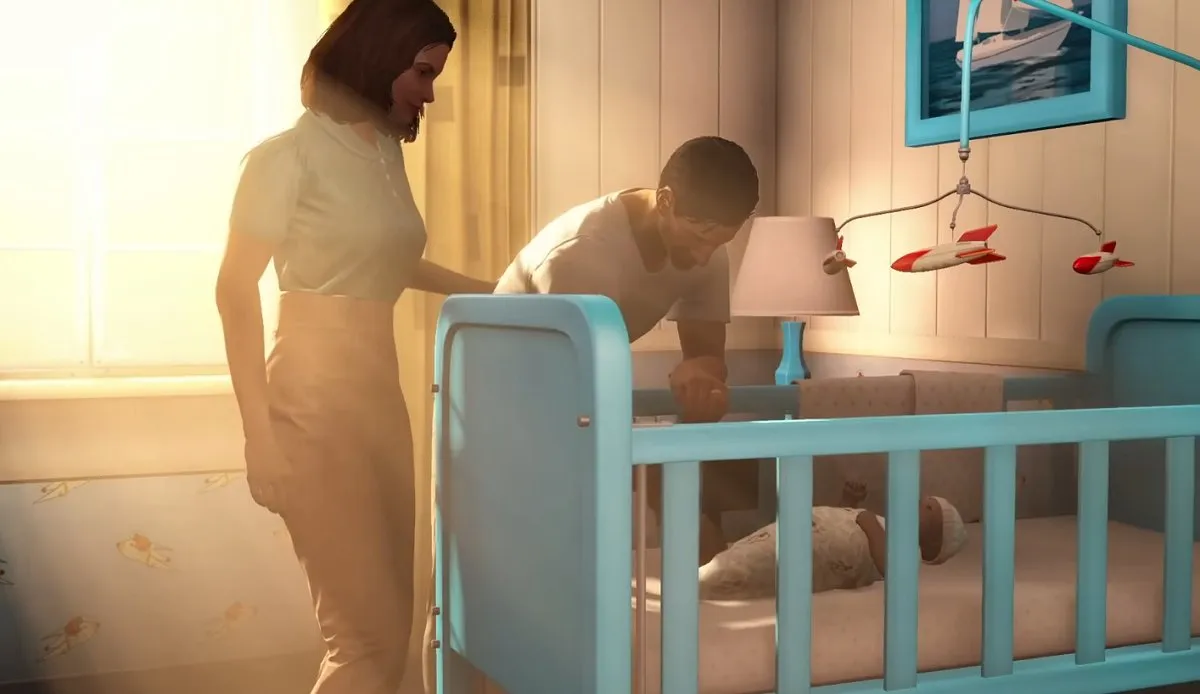There was a time when the jump to $60 for AAA video games was startling enough. That’s still asking a lot for titles that aren’t even guaranteed to be fully playable upon release, either due to game-breaking bugs or a plethora of similarly-expensive DLC. This is why many are baffled that the newest Zelda title, Tears of the Kingdom, will be priced even higher at $70.
Seventy dollars! My goodness. For seventy dollars, you can buy yourself a new pair of jeans, or a couple tickets to a fun concert. (Well, maybe just one with Ticketmaster fees.) But for a video game? It’s nigh on unheard of, especially for a base-game price. Many are understandably miffed by this. Nintendo swears it has its reasons, yet there are still a lot of valid concerns about what this means for video game pricing moving forward.
Should we be concerned? Let’s break it down, piece by piece.
Nintendo’s Reasoning
Nintendo knew that people would be worried that this would be the standard asking price for their products moving forward, so they wanted to make it very, very clear that it wouldn’t be. In a response to Game Informer, the company had this to say: “We determine the suggested retail price for any Nintendo product on a case-by-case basis.”
They didn’t expand further, but that’s Nintendo for you, for better or for worse. I’d like to think it bodes well that they even thought to comment on this, as it shows that they understand consumer concerns. As it is, Nintendo wasn’t even the first company to ask this price for a modern game—we can give that honor to NBA 2K21, back in 2020. In fact, the $70 price tag is becoming more of a staple with PS5 games, which is … very, very silly, and also checks out, considering the price of the console itself. Similarly, the justification has to do with the scope of the game in question, with the rationale being: the more that goes into a game, the more bang for your buck, and, consequently, the bigger the buck.
According to Nintendo (specifically the company’s president Doug Bowser), the game will be well-worth the price, as one of their biggest, most content-packed titles to date. I suppose we’ll just have to take their word for it.
Consumer Concerns
Internet Puppet Sweetheart Arlo breaks down two trains of thought regarding the game’s pricing in this video. On the one hand, you have the dissenters, who argue that compared to other $70 games, which are pushed to the graphical and functional limit, Breath of the Wild was more or less an “Xbox 360 game” graphically and functionally. Therefore, with Tears of the Kingdom seeming to follow a similar format, it just doesn’t make sense to raise its price, nor is it fair to ask consumers to make up for all the time and money it took to make the game.
On the other hand, you have those who are seeing a trend in the market away from overpriced games with limited base-game content and microtransactions, and towards games that are bigger, more polished, and will generally give you more bang for your buck. On top of this, the market is changing drastically, both on an international scale and on a national scale in Japan, meaning that inflation and increased wages will, to some degree, naturally translate to heightened prices (not to even mention what demands are being placed on the company by ignorant shareholders, who have no idea what the gamemaking process is even like).
As Arlo illustrates, both are valid takes in their own way, and perhaps the most nuanced take is a coalescence of both. It makes sense why the game is $70, and it’s not entirely fair to consumers, who have their own struggles within the current economy.
What I’m particularly concerned about is what sort of standard this will set in the market, moving forward. Major game studios have always looked to Nintendo for setting industry standards, including regarding pricing, so while Nintendo may have had its own reasons for pricing the game at $70, who’s to say the next Cyberpunk 2077 (i.e. the next overhyped, unplayably buggy title that needs more time in the oven) won’t try the same shit for the same price? PS5 games are one thing, as they tend to attract more specific audiences, yet Nintendo games are largely universally accessible. The cynic in me is getting ready to pay more for middling-quality games in the near future.
Then again, all we can do is wait and see. What do you think of all this?
(Featured Image: Nintendo)










Published: May 4, 2023 05:20 pm